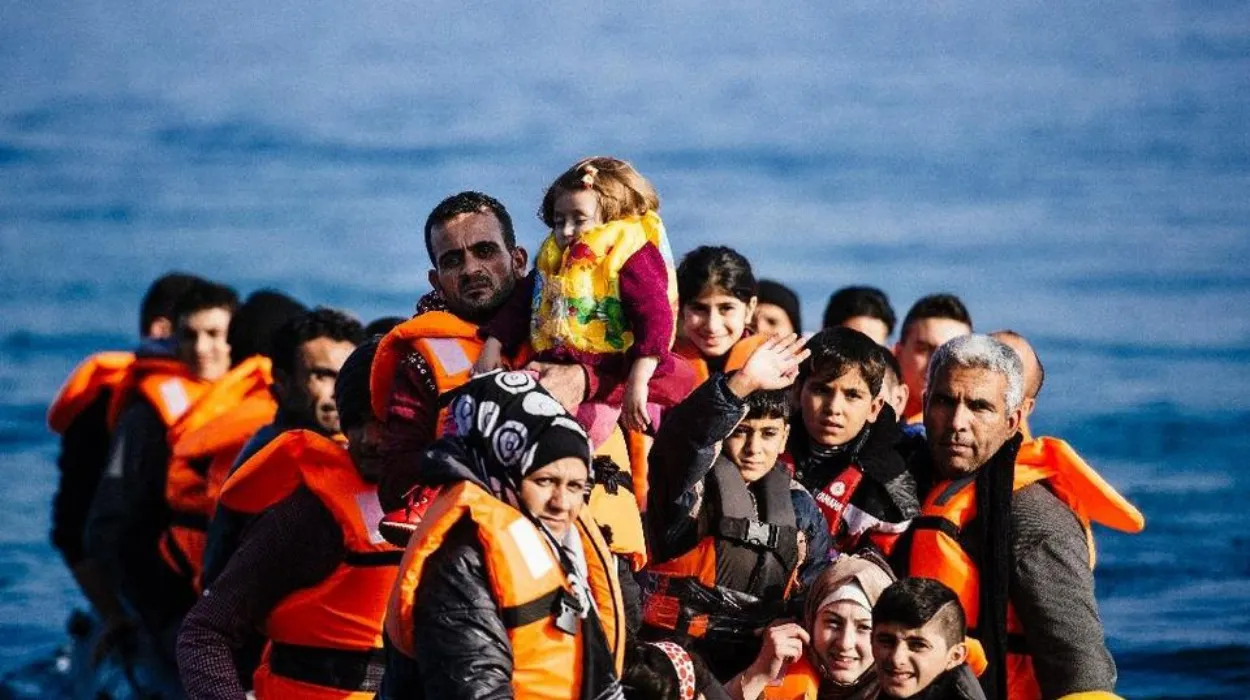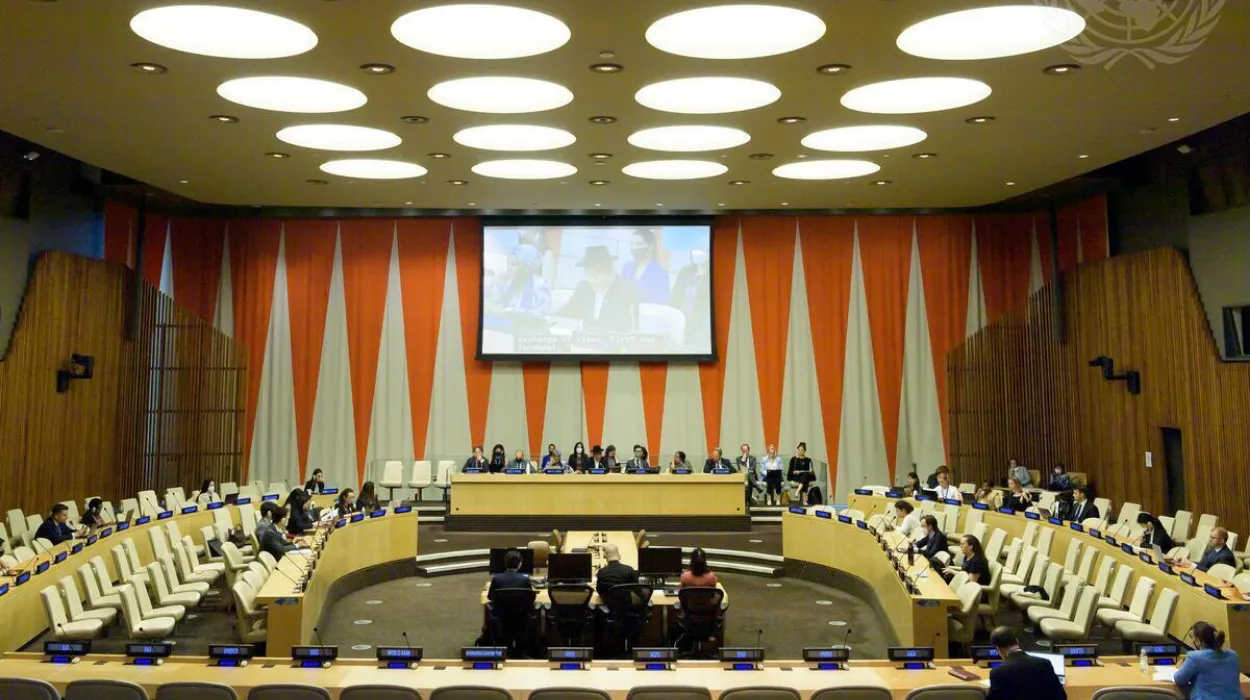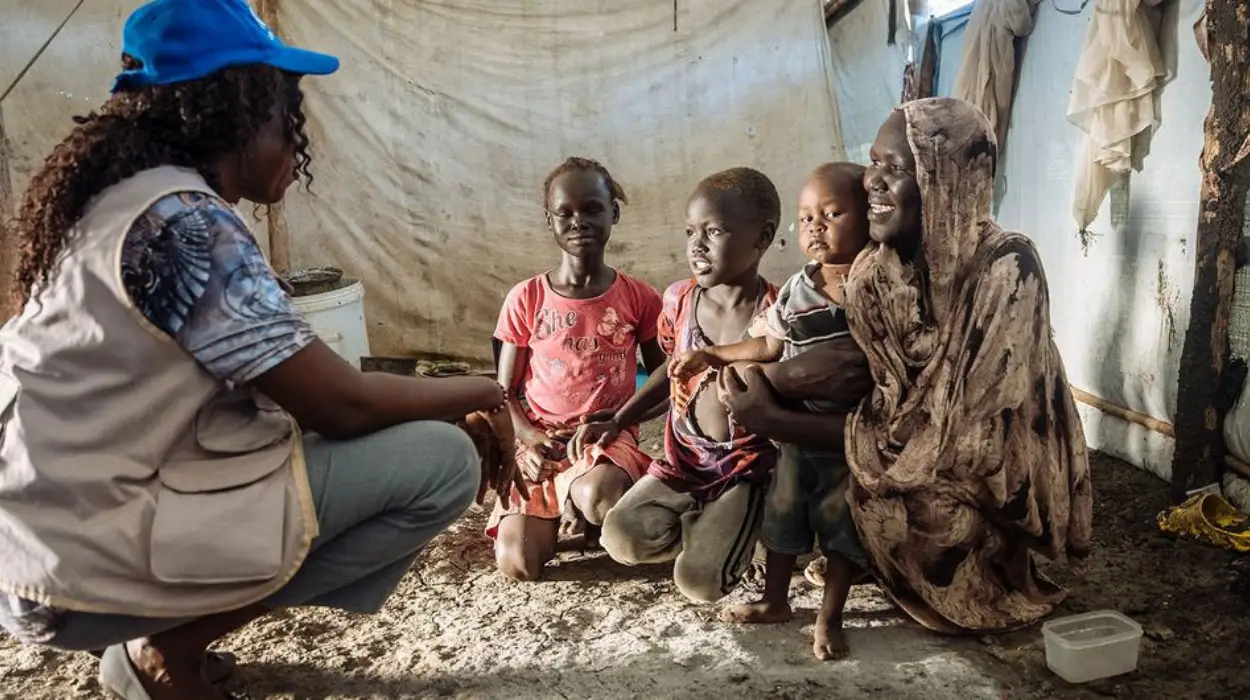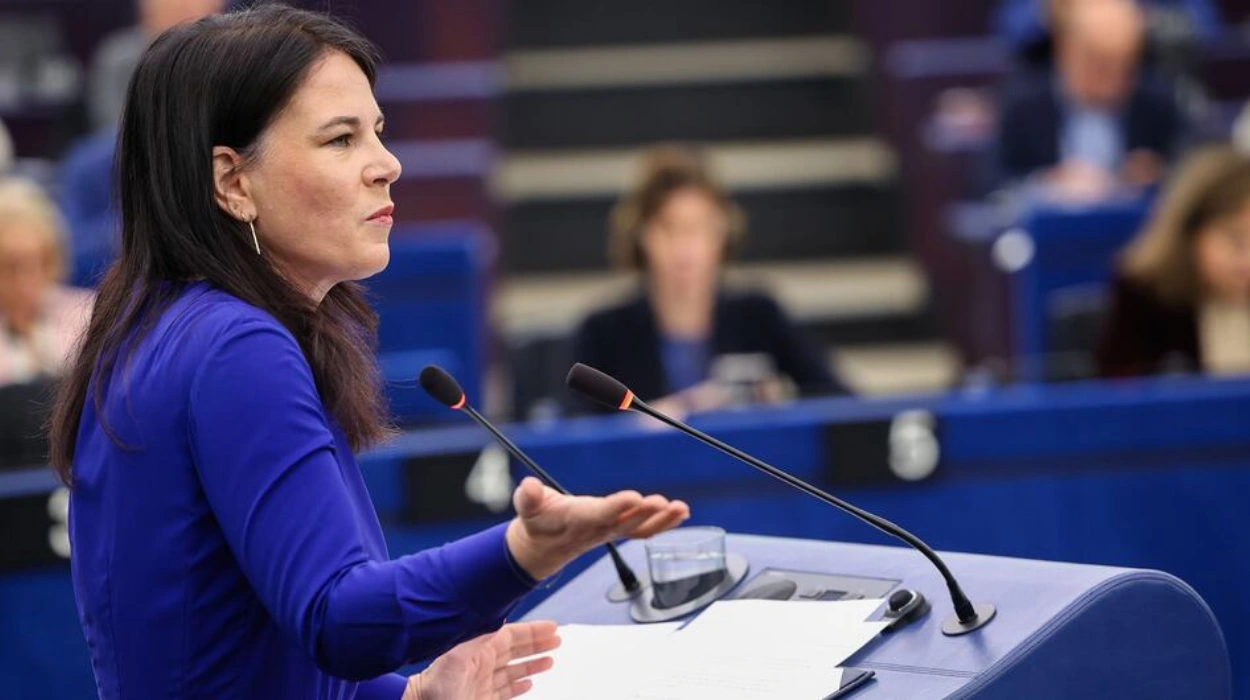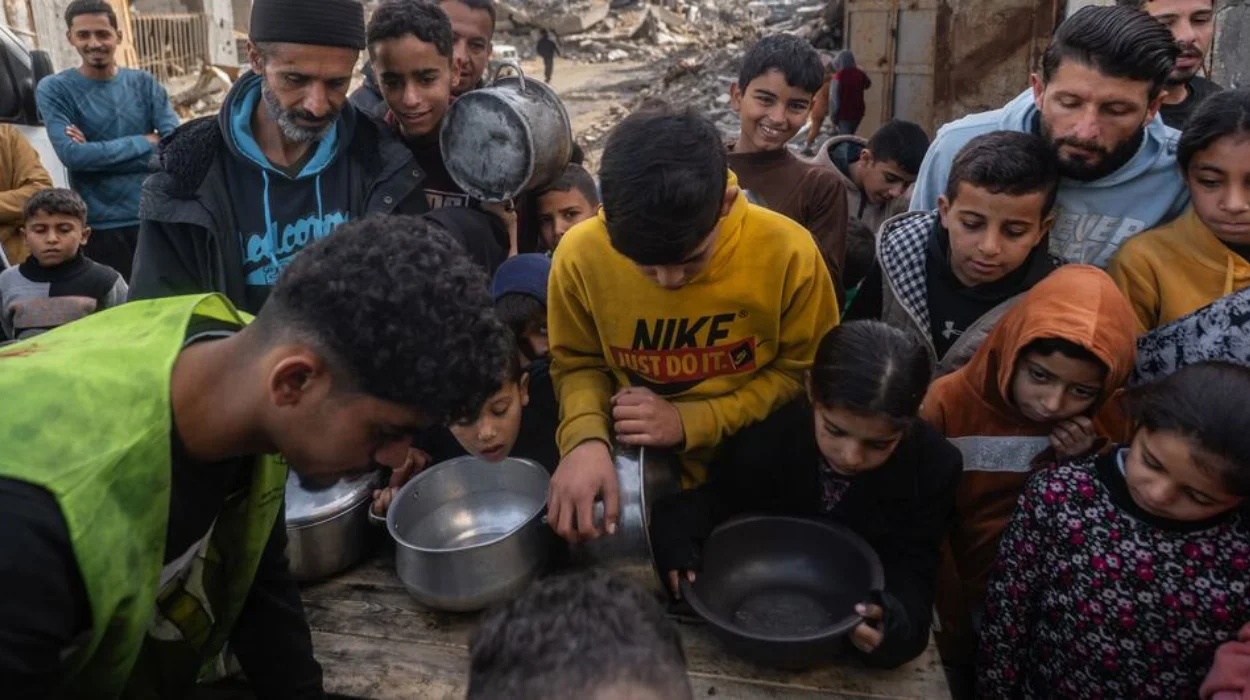Delegates to the United Nations Permanent Forum on Indigenous Issues might choose to relocate future meetings away from the United States due to the current political climate. Concerns regarding treatment of foreign visitors and inconvenience or delays in obtaining visas to travel into the U.S. already are decreasing attendance at this year’s session, which begins Monday and continues through May 2.
Now members are thinking of relocating the event entirely.
“We’re worried about the capacity of Indigenous people from all over the world to actually get here and not be harassed,”
Geoffrey Roth, Standing Rock Sioux, one of 16 members of the Permanent Forum, said.
“Given the Indigenous peoples’ safety and their capability to actually make it to the meetings and get involved in some meaningful way,”
he said,
“I think it’s time to move, and that is my personal belief.
Roth has been told by representatives and delegates that it is not a safe time to visit the United States, and they are afraid to do so. To add insult to injury, visas are being denied or held up, which affects those who can attend — particularly those from nations in Africa or Russia. The forum chair, Hindou Oumarou Ibrahim, an Indigenous Mbororo woman from Chad, sent a letter on April 15 to all member states requesting that they issue visas in a timely manner and provide unrestricted access for Indigenous participants.
Ibrahim referred to Article 25 of the International Covenant on Civil and Political Rights that assures the right for all citizens to participate in public affairs, as well as Articles 2 and 26, which guarantees nondiscrimination in exercising such rights.
A distinct degree of concern
Every spring for over 20 years, the United Nations General Assembly Hall floor has been a homecoming for Indigenous representatives, activists, delegates and leaders for the opening ceremony to the Permanent Forum.
Indigenous individuals who are divided by oceans, continents, rivers and colonial boundaries become colleagues and friends — collaborating together to advance Indigenous rights at home and abroad. It’s very important that we have all of these voices united, and we are speaking with as unified a voice as we can in the world view,” Roth said to ICT.
Since 2002, the Permanent Forum, which is a senior advisory body to the UN also referred to as PFII, has been conducting an annual session at the United Nations headquarters in New York City. It has expanded to be the second-largest event to be conducted at 760 United Nations Plaza.
The annual meeting has become recognised as an international forum for Indigenous individuals to advocate for dialogue, cooperation and tangible action on matters affecting their communities. This year, however, members of the forum have already begun to consider relocating the annual meeting out of the United States — for good.
I believe we’re experiencing a whole different level of concern about coming here and being safe while in New York and while at this meeting,” Roth said.
One of the forum members has had their travel visa delayed for the second year running. This is rare, given that members are nominated by a government or chair of the Economic and Social Council, one of the principal organs that constitute the UN. The member might not be able to attend this year’s forum at all, Roth added.
Can’t attend
There has been a precedent of Indigenous individuals from nations that are not allies of the United States having their visas denied or held up. Yet, the situation has become more widespread and common.
Four months after President Donald Trump’s new regime, overseas travelers have drastically decreased. Some resent Trump’s trade policies and the words he chooses. Others resent being told tourists have been detained at the border, refused entrance to the nation, or have been held in custody for up to hours to days to answer questions.
According to Roth, people haven’t spoken specifically of Trump’s policy but the bid to move the forum is also going to be tabled.
“I expect a recommendation to relocate it,”
Roth said.
“But I don’t know if that’s going to occur or not. We’ll see through the deliberations. It will also be significant for us to hear from Indigenous individuals that did make it. But I am getting a lot of messages that people just aren’t going to be making it this year.
Roth is concerned that attendance is going to drop this year, which will affect the success and work of the forum. The reason for the annual meeting is to collect interventions, which are basically calls to action, that will be incorporated into a report to the United Nations.
If the 16 members concur to propose relocating the meeting, it would be placed in the annual report to the UN and be implemented. It would ultimately take several years due to how far in advance the UN events are scheduled.
The Permanent Forum is, however, given the powers to shift location, according to the Economic and Social Council Resolution 2000. It includes the provision that the 16-member board “decides that the Permanent Forum shall hold an annual session of ten working days at the United Nations Office at Geneva or at United Nations Headquarters or at such other place as the Permanent Forum may decide in accordance with existing financial rules and regulations of the United Nations.”
The annual reports give expert recommendations and guidance to the UN system. The members of the forum, through interventions, promote globally Indigenous rights and the application of the United Nations Declaration on the Rights of Indigenous Peoples, UNDRIP.
“We’re not going to have as many Indigenous people here that we typically would, and we’re not going to have that perspective from those people as well,”
he said.


